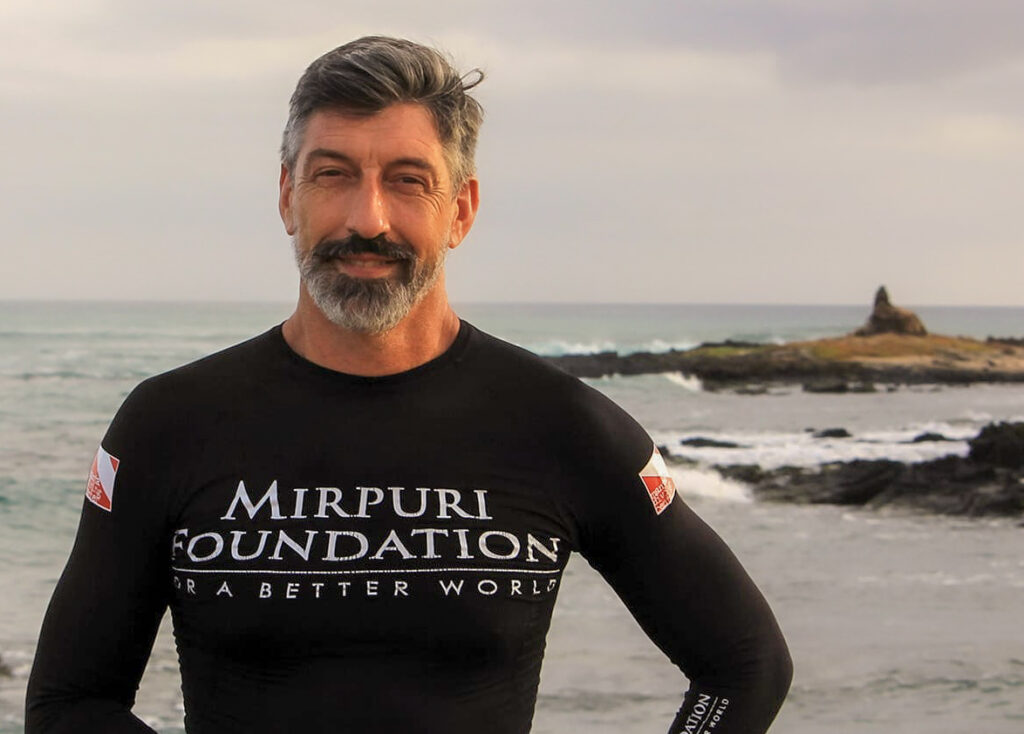Emilio Soler Onís (Ph.D. in Marine Sciences from Univ. Las Palmas de Gran Canaria) is accredited by the IOC-UNESCO as an expert in the identification of potentially harmful algae HABs. He has been a member of the Spanish Phycological Society (SEF) since 1994 and the International Society for the Study of Harmful Algae (ISSHA) since 2018. He worked as a taxonomist and researcher at the Spanish Bank of Algae from 2001 to 2019. With over 30 years of experience in the field of Marine Botany and 58 publications on Deep water red algae, Cyanobacteria, diatoms, dinoflagellates, HABs, and Paleoclimate. Currently, he carries out his scientific and research work at the Canary Islands Observatory of Harmful Algae. His research work is focuses on the taxonomy of macro and microalgae, optical and scanning electron microscopy, HABs control and monitoring, and marine biodiversity. ORCID Ref. paper DOI


